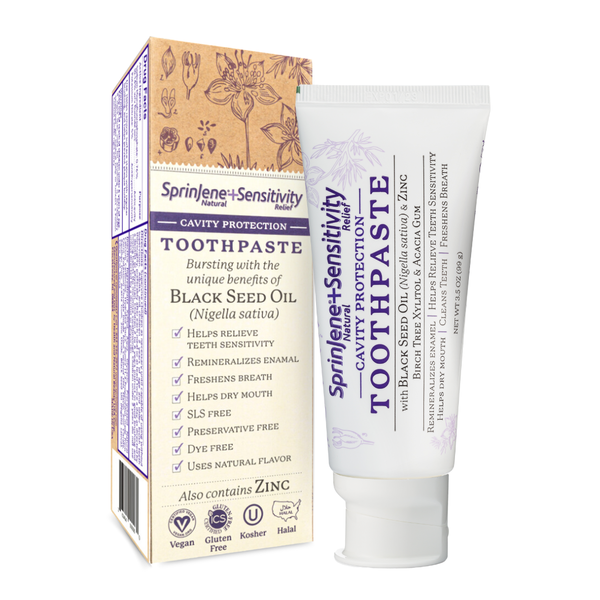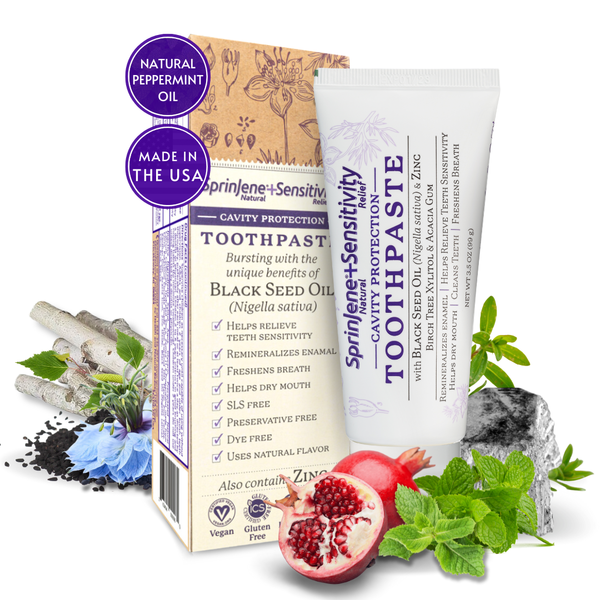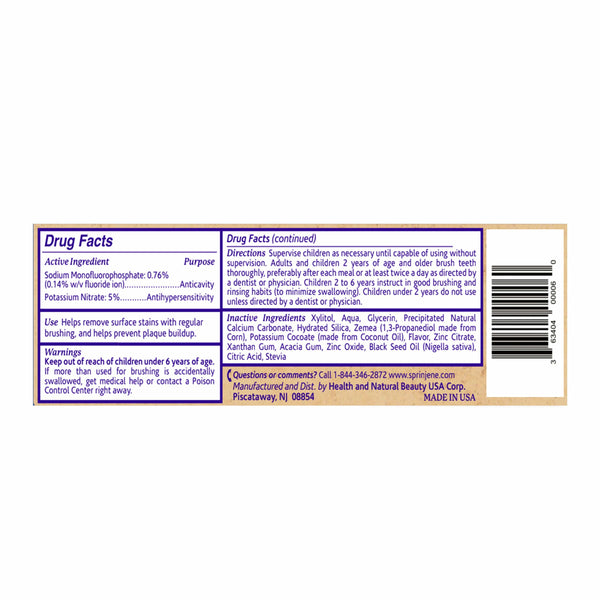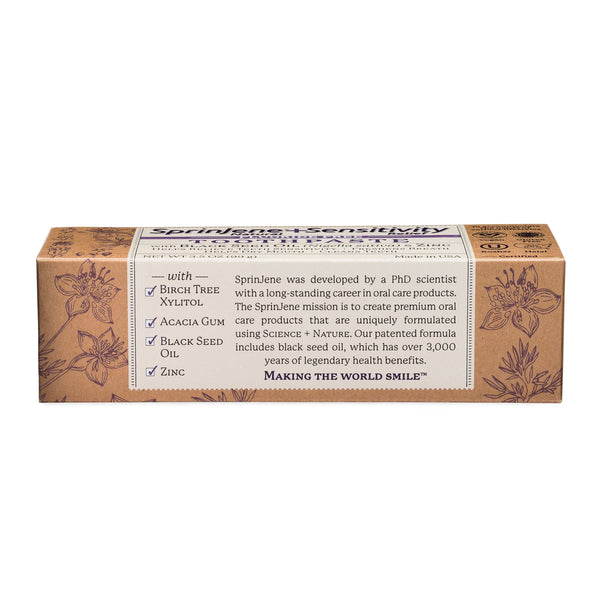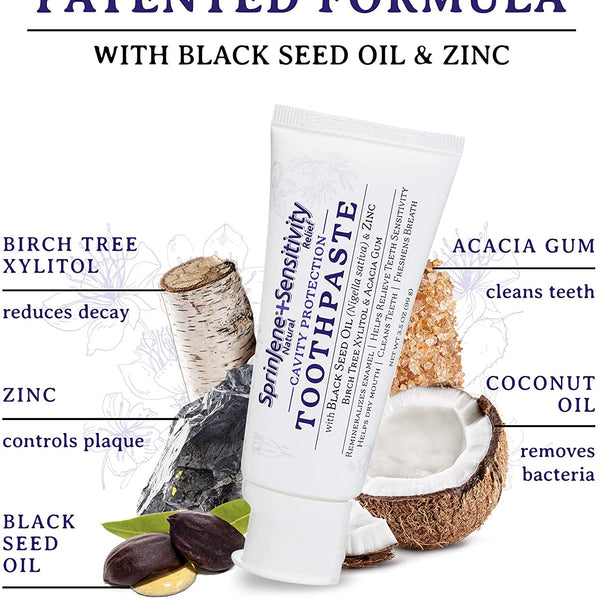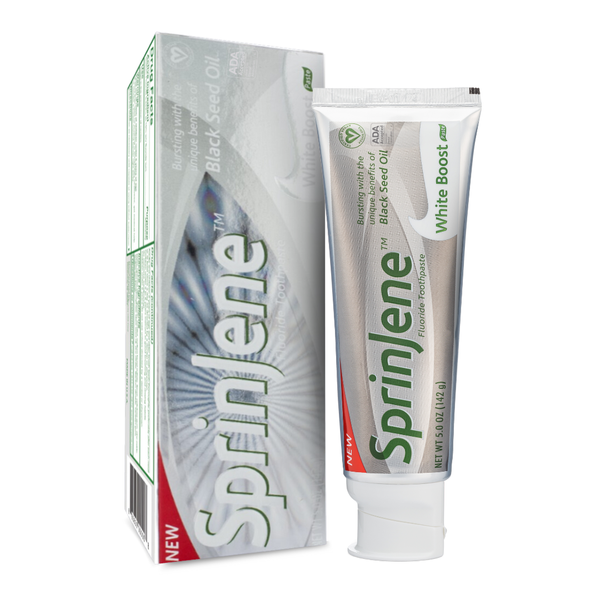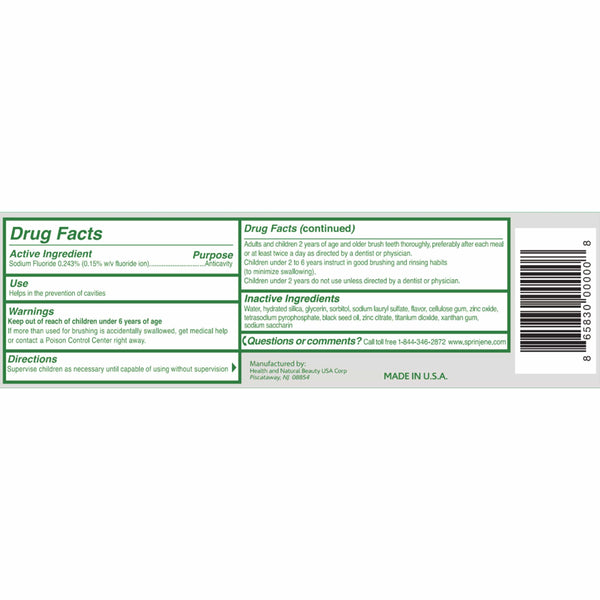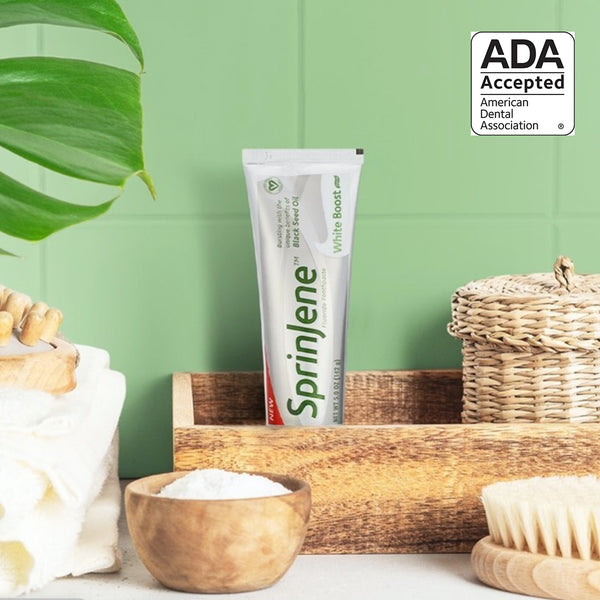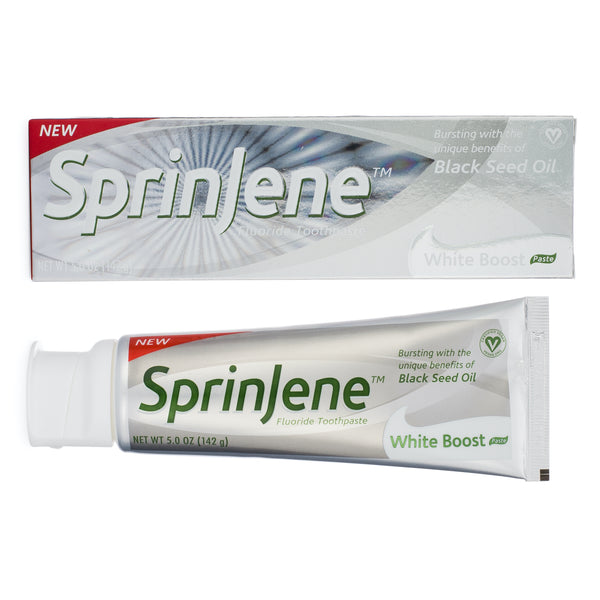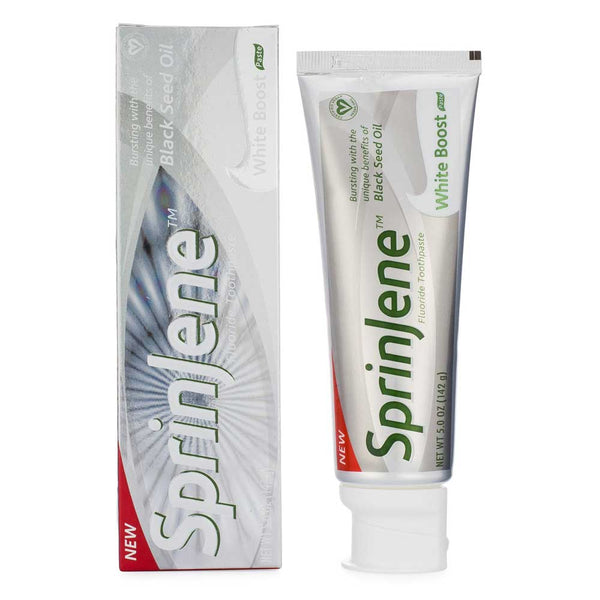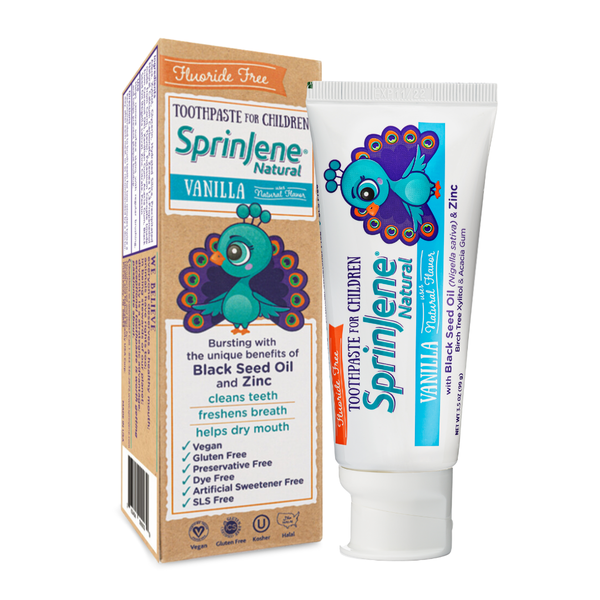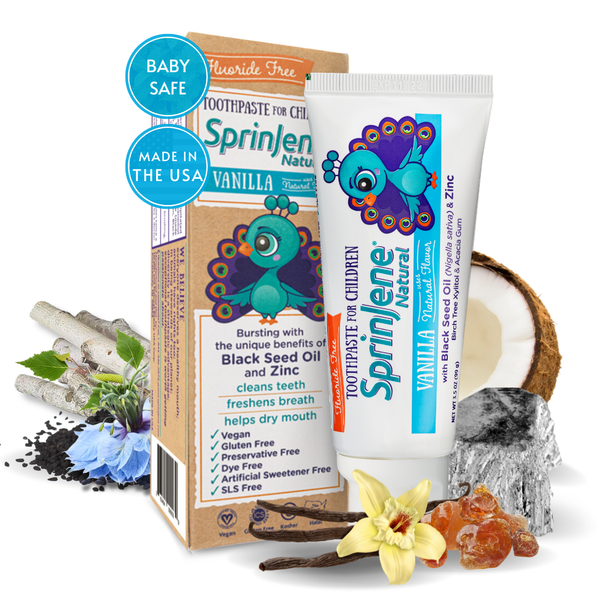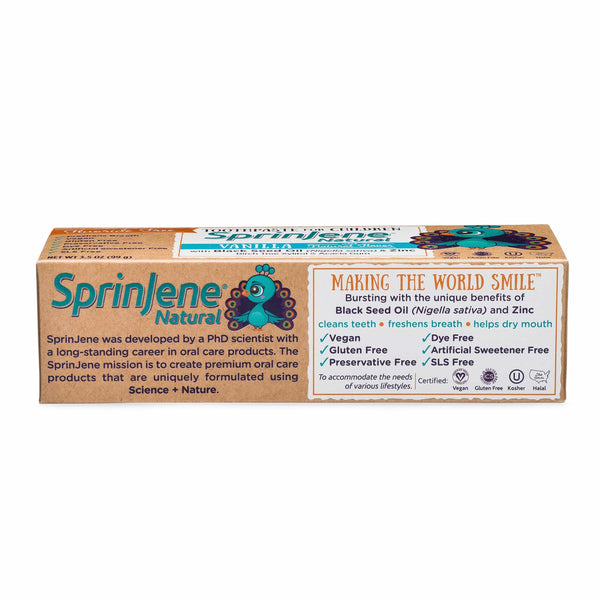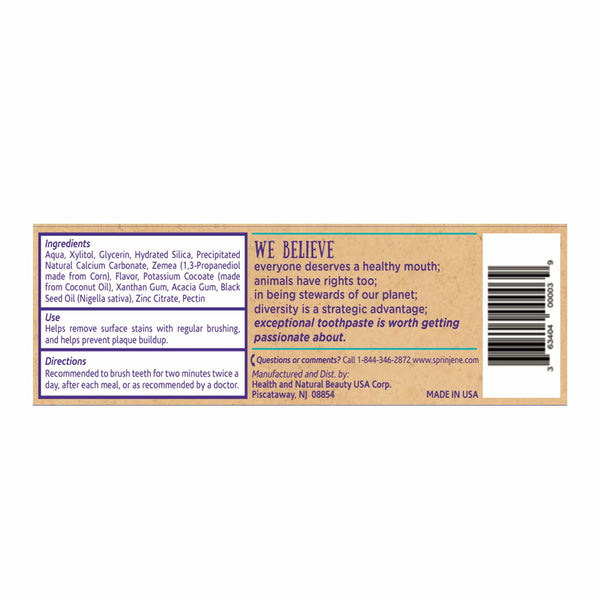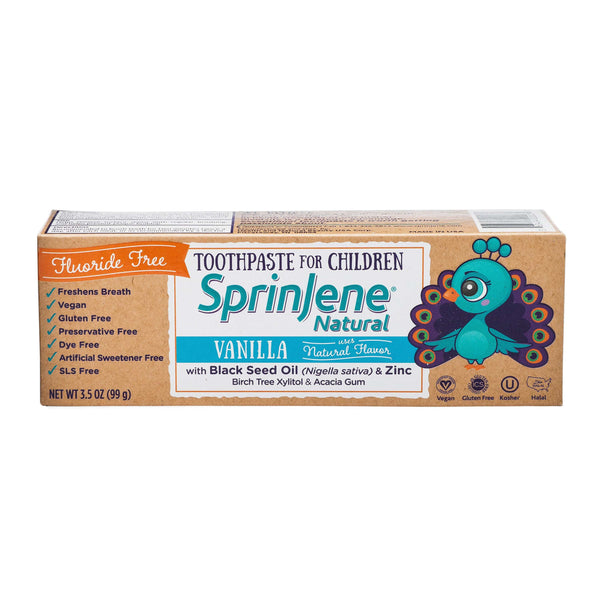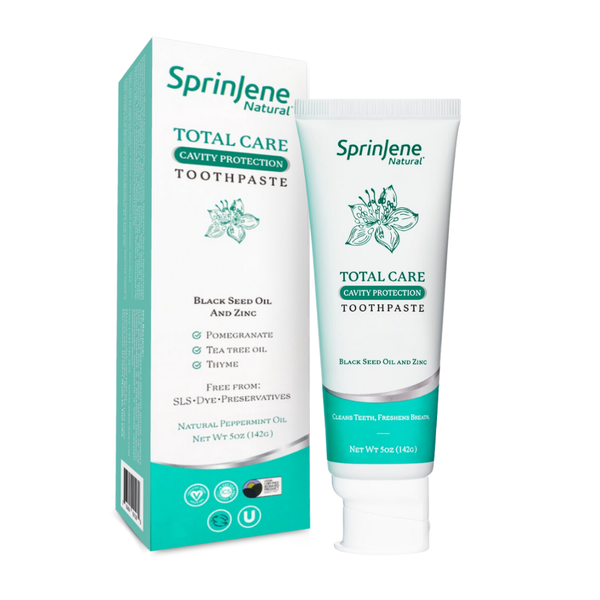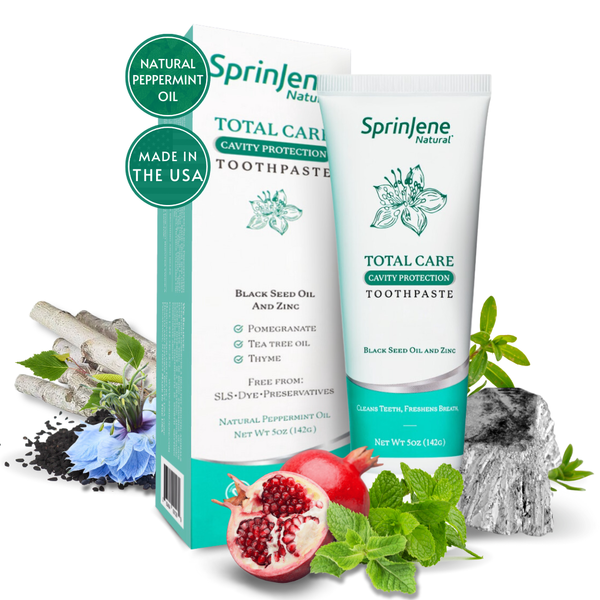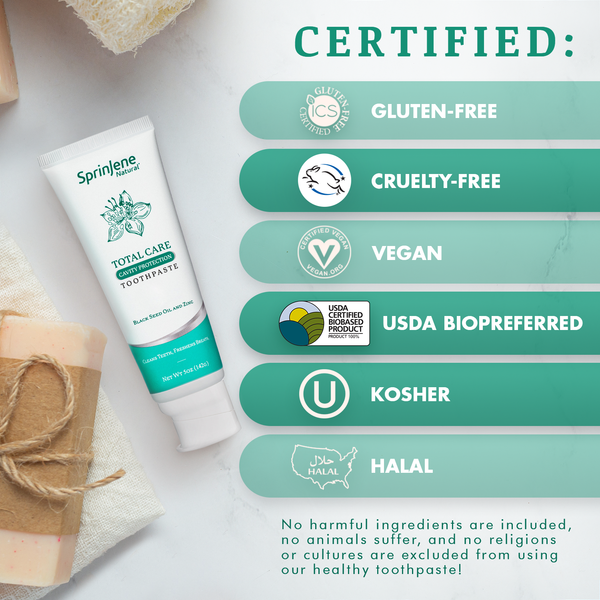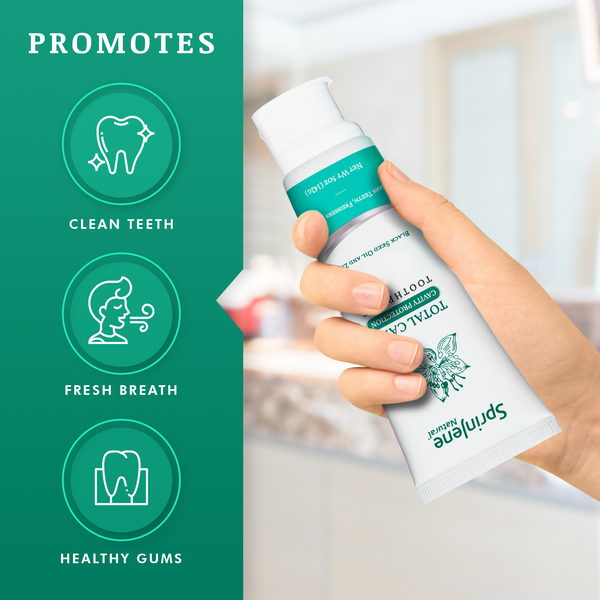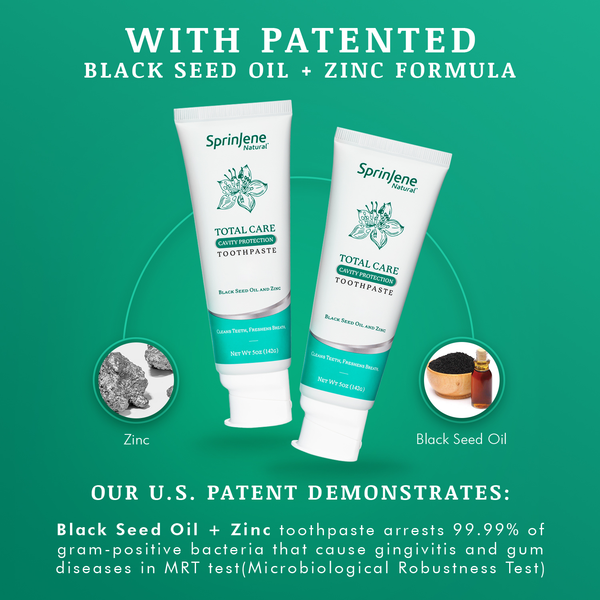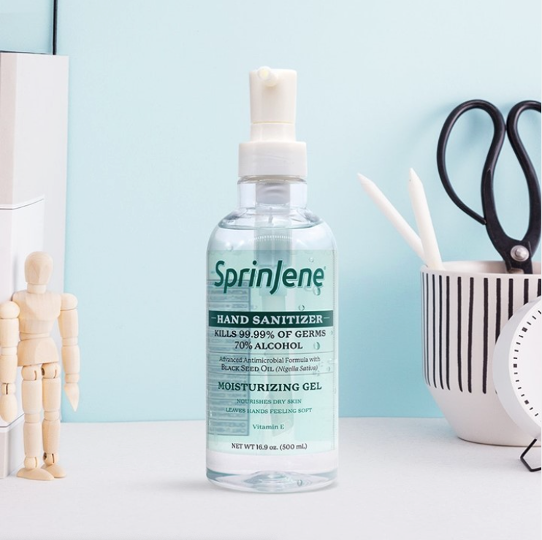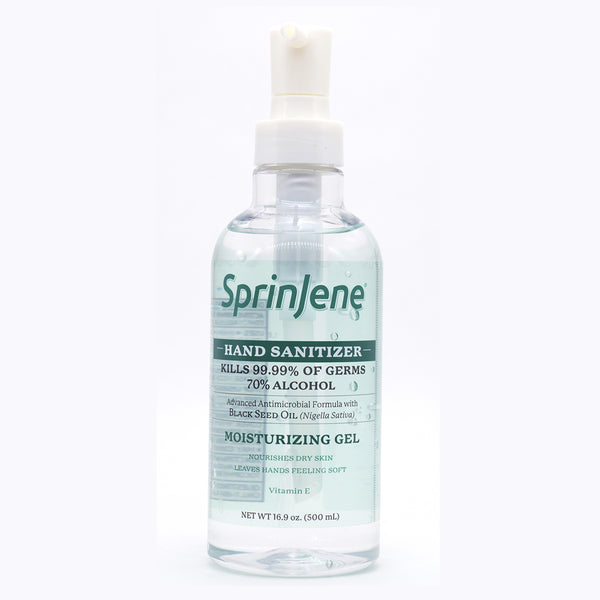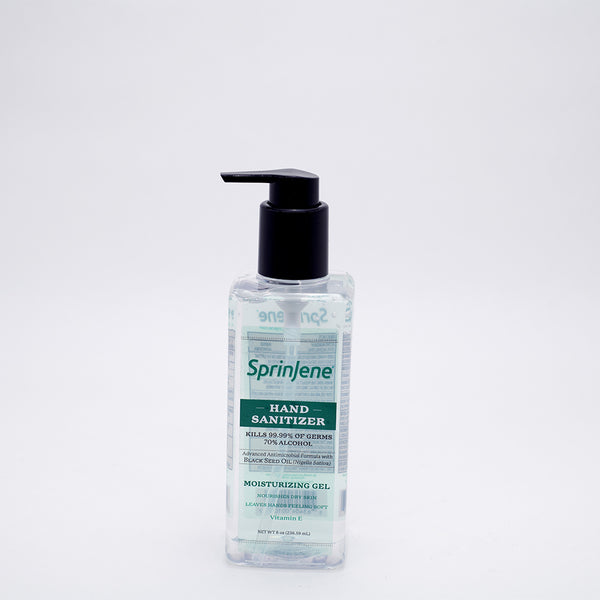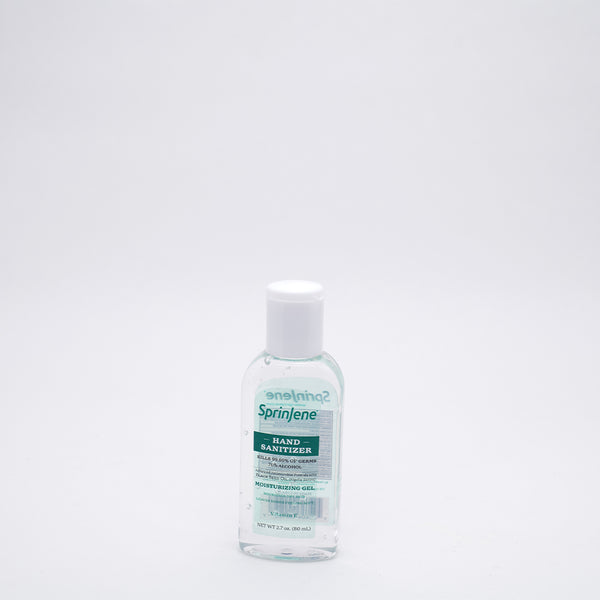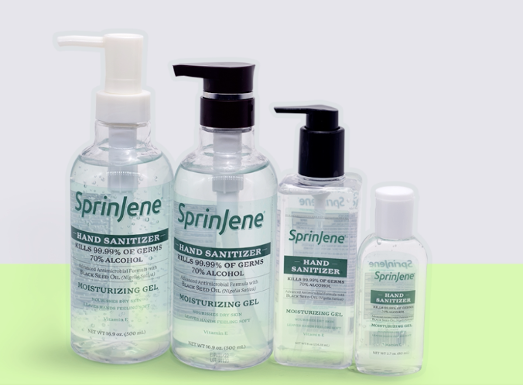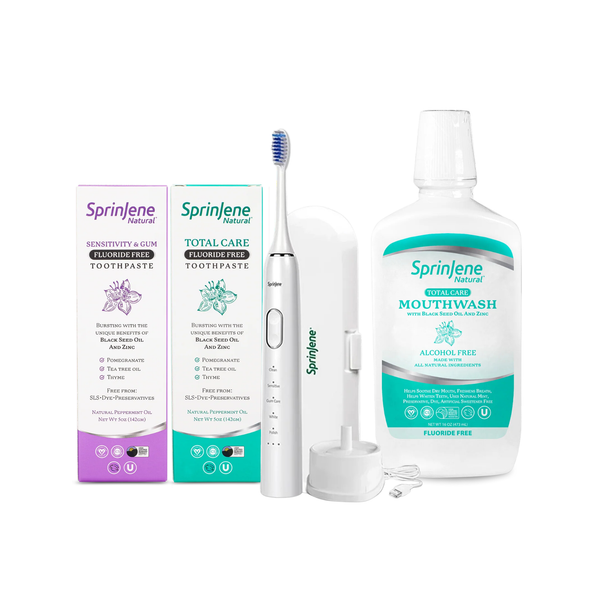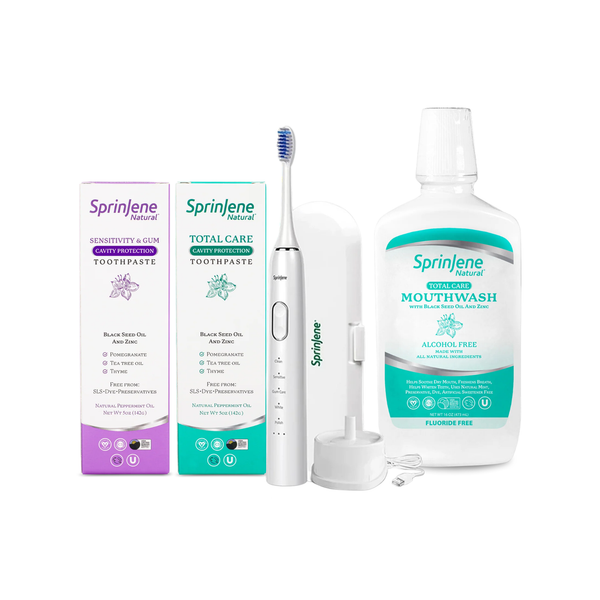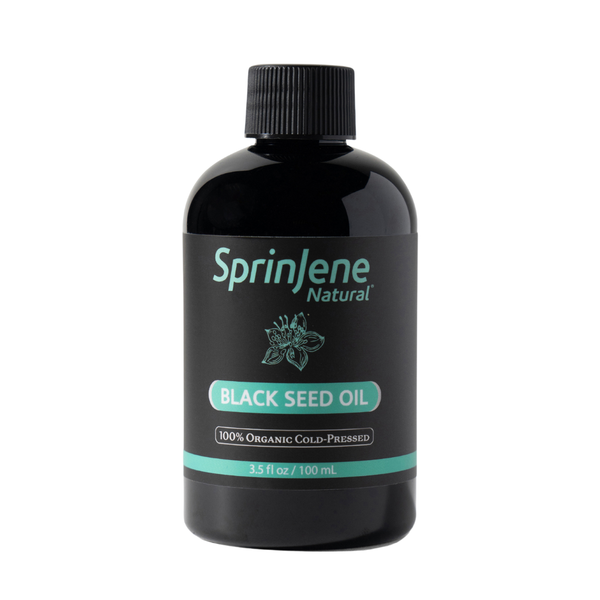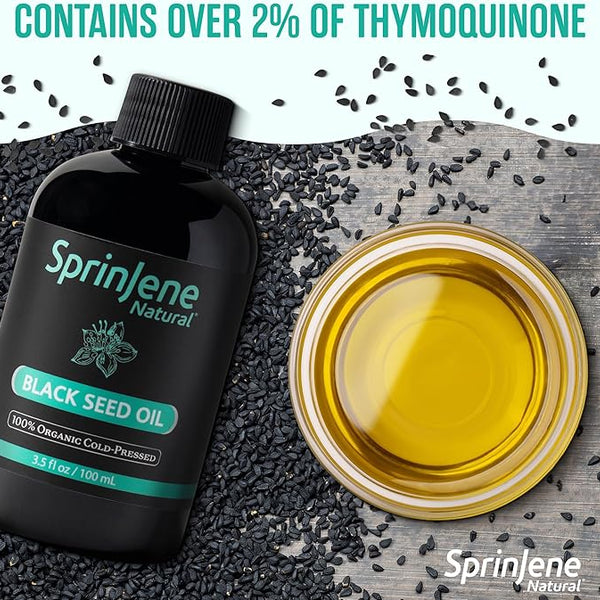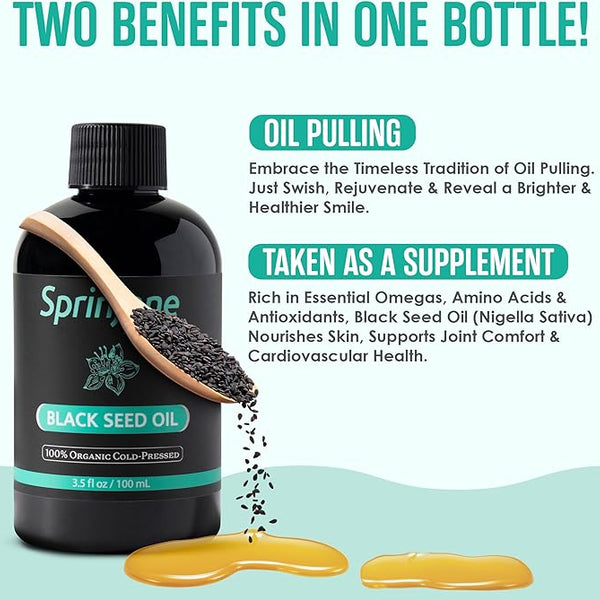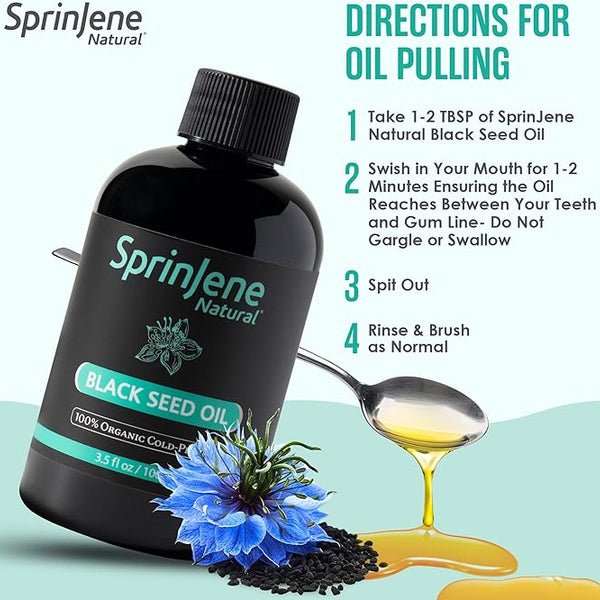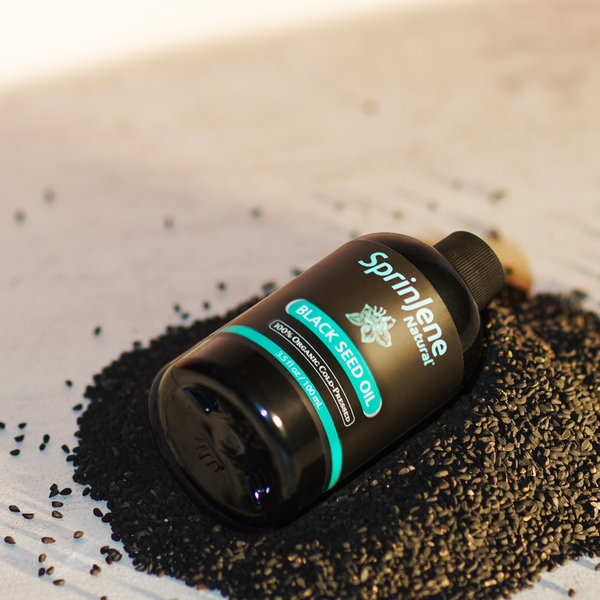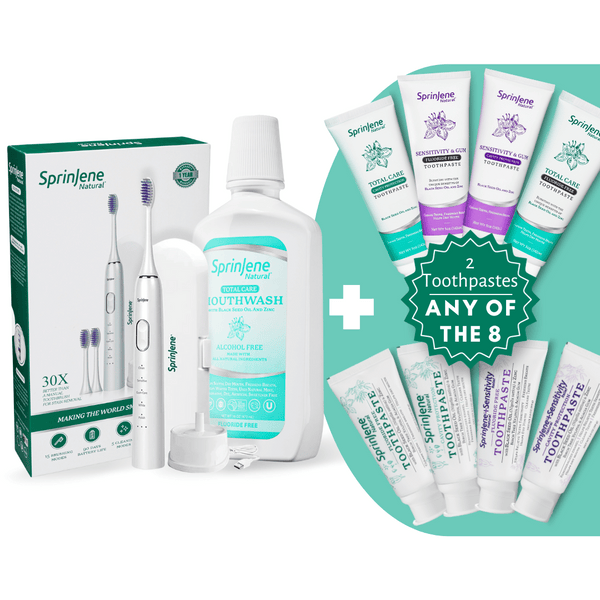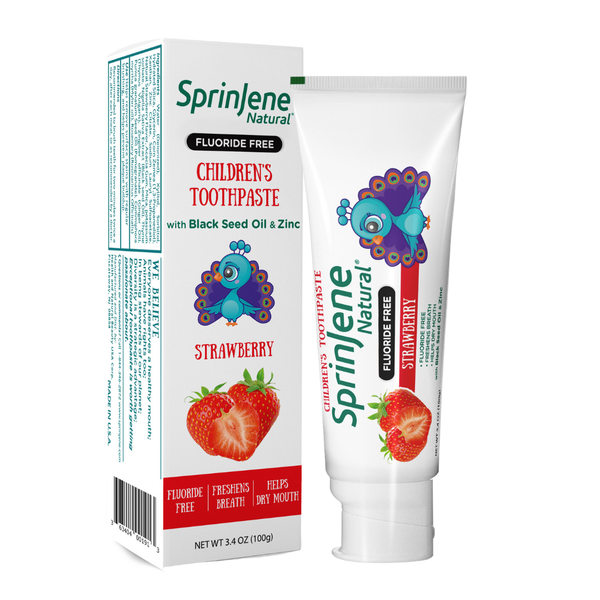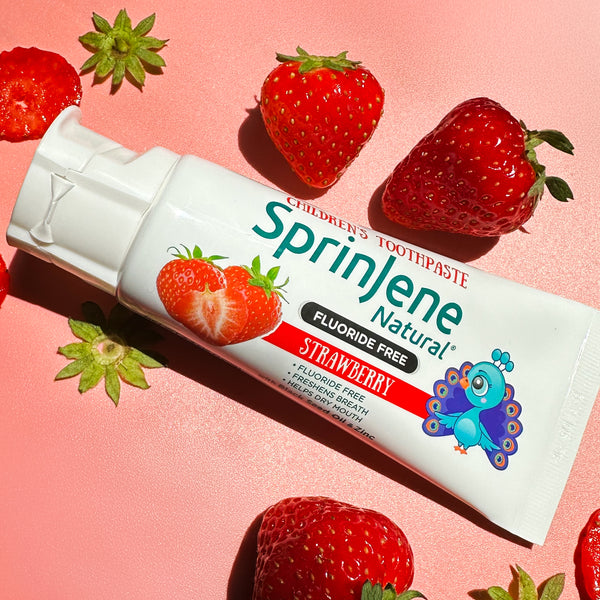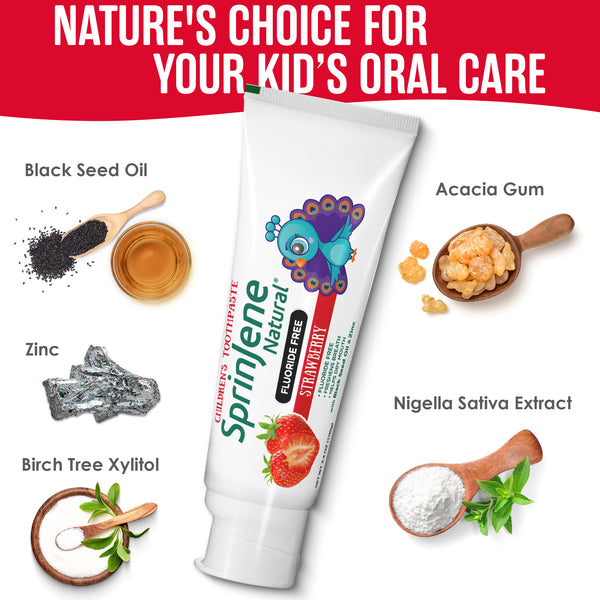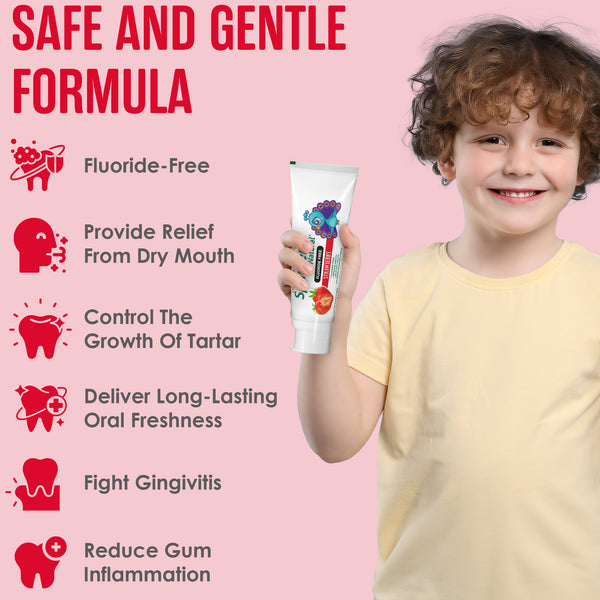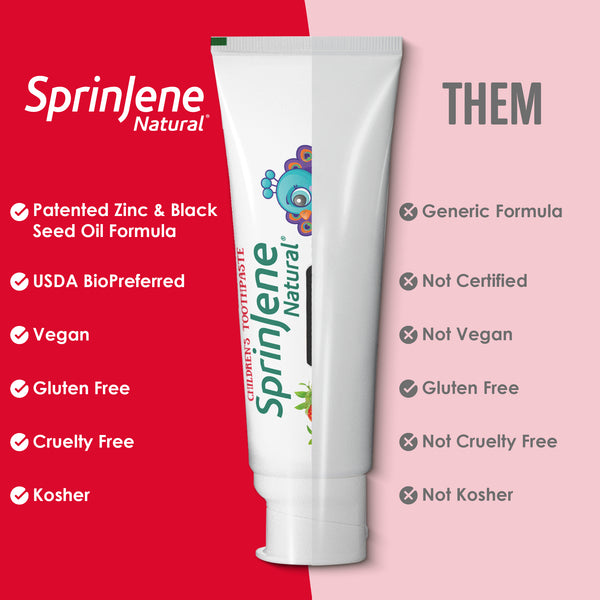
Saliva is an important biological and protective factor in the remineralization process. The pH level of saliva, along with the amount of available calcium and phosphate, directly impact demineralization during acidic challenges. Saliva substitutes can help support remineralization in patients experiencing salivary gland dysfunction or any other illnesses causing decreased salivary flow. Oral health professionals are advised to know about the various preventive therapies available to enhance remineralization, and use this information to create personalized treatment plans to reduce dental caries risk and improve patients’ oral health.
Along with preventive dental treatments, an optimal salivary action can promote remineralization and reversal of caries development in patients. The constant cycle of tooth demineralization/remineralization can be positively or negatively impacted by a variety of oral and systemic factors.
Saliva is considered a critical biological and protective factor in the remineralization of enamel, as well as an important component in caries risk assessment. Saliva’s neutralizing capacity and production are directly related to the rate and extent of tooth demineralization. Saliva can act as a buffer against acids, form a protective membrane on tooth surfaces, and enhance remineralization by providing calcium, phosphate and fluoride to enamel and dentin. Salivary pH levels directly affect remineralization through the amount of calcium and phosphate ions available to the enamel in the presence of a strongly acidic environment. Saliva can act as a replenishing source and inhibit tooth demineralization during a low pH environment, while promoting tooth remineralization when the pH returns to a neutral state. Certain illnesses , systemic conditions, hereditary disorders, a variety of medications, and other medical interventions can negatively affect salivary production, buffering potential, and the amount of calcium and phosphate available for remineralization.
Demineralization is the process of removing mineral ions from hydroxyapatite crystals of hard tissues, such as enamel, and, when unchecked, can lead to dental caries, or tooth decay. Demineralization/remineralization is a continuous, cyclical process, and the former takes place on the tooth surface when biofilm consisting of bacterial plaque and the pellicle is present on enamel and dentin. When fermentable carbohydrates or sugars are ingested, Lactobacillus and Streptococcus bacteria in the biofilm metabolize the carbohydrates and produce acid. This acid diffuses across the tooth surfaces, dissolving minerals in the enamel and dentin hence eroding the tooth structure.
Patients with reduced salivary flow or compromised buffering potential need assistance with the remineralization cycle. If caught early oral health professionals can intervene with preventive remineralization therapies before the process becomes irreversible.
In a normal physiological environment, in the absence of disease or impaired funtion, saliva has the ability to neutralize the acid produced by plaque biofilm. Once combined with fluoride, the calcium and phosphate ions found in saliva will have a good probability of arresting caries during the remineralization process.
Benefits of saliva in Dental Health:
In terms of dental health, saliva protects against tooth decay and gum disease:
- Saliva is antimicrobial, which means it kills bacteria in the mouth.
- A thin film of saliva on the teeth protects the enamel from acids and bacteria.
- Saliva flushes away food particles that can aid tooth decay.
- Saliva contains minerals that rebuild enamel surfaces on teeth.
- Enzymes in saliva break down and digest food to make it easier for you to swallow.
- Saliva keeps the mouth lubricated which is essential for speech.
- Saliva aids in maintaining fresh breath
Lack of Saliva:
The medical term for decreased or absence of saliva is xerostomia or “dry mouth”. Many health conditions and medications can cause this and when you are not producing proper quantities of saliva problematic issues surface:
- Uncomfortable, dry mouth feeling and constant thirst.
- Gum disease
- Tooth decay
- Infections from bacteria, fungus, and yeast.
- Difficulty swallowing and digesting food.
What to Do:
- Don’t let yourself get dehydrated. Drink lots of water daily.
- See your dentist or doctor to diagnose what is causing the problem.
- Examine the medications you are taking.
- Try sugar free gum or sucking on candy.
- Maintain good oral hygiene.
- Avoid salty, spicy and acidic foods.
- Ask your dentist to prescribe an artificial saliva spray.
- Xylitol is a naturally occurring alcohol used as a sweetener. It induces salivation and is ant cariogenic.
In Natural Toothpaste
According experimental studies toothpaste with xylitol led to a decrease in S. mutans colonies in saliva, the amount of secreted saliva, and the increase of pH value. It has a positive effect on the quality of the oral environment and it would be useful introducing it into prophylactic programs. Synergistic use of xylitol with small doses of fluoride ions helps in caries control and avoiding contact of fluoride with tooth enamel during stages of mineralization.
Chewing gum has been the most widely used xylitol medium. Holgerson confirmed that continuous and long-term exposure of the teeth to xylitol is required irrespective of whether the medium used is chewing gum, toothpaste, mouth rinse, sucking tablets, or candy tablets. A clinician can choose from the various options available in a given situation.
SprinJene Natural Toothpaste for children and adults uses all natural ingredients in its tooth paste including xylitol. It has 100 percent organic and chemical free ingredients each carefully chosen for their medical and oral health benefits. These include:
- Black seed oil
- Zinc extracts
- Xylitol and stevia
- Coconut oil
- Acacia gum
- Aqua and glycerin
There are is a wide range of options to choose from to suit each individual’s needs. Ranging from 7 kinds of fluoride tooth pastes and 2 without fluoride. Flavors including green apple, mint, water melon and vanilla. There is also a selection of whitening toothpastes with added abrasives for stain removal and another variety for sensitive teeth. SprinJene Natural Toothpaste takes pride in being Vegan, Kosher, Halal and Cruelty free. It is also Gluten free for those suffering from gluten allergies.




